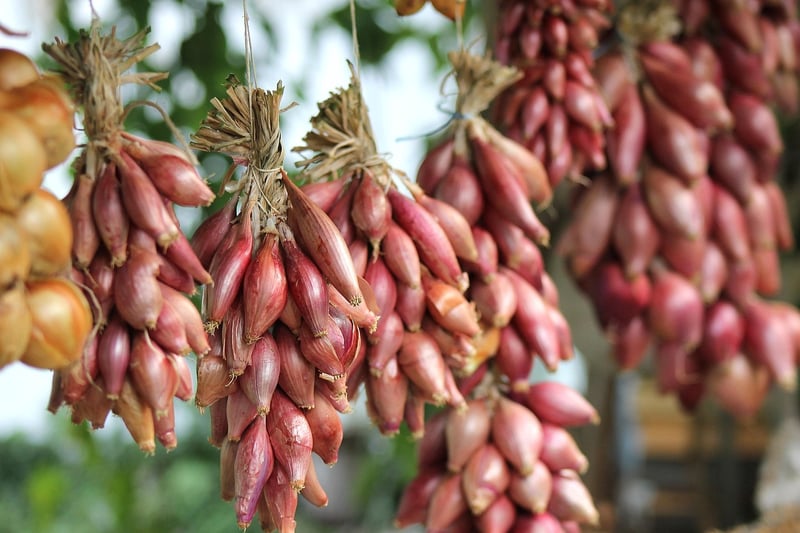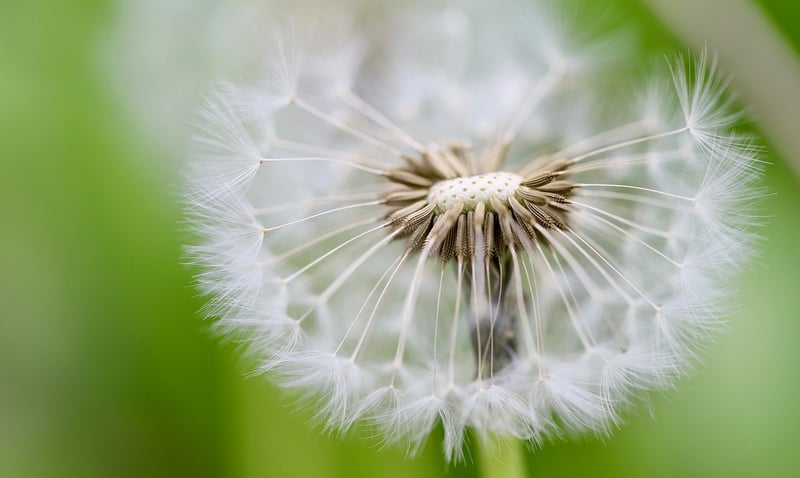Seed Saving Guide
Maximizing Your Yields + Seed Saving Guide
Introduction
Are you looking to maximize your garden yields and learn about seed saving? In this guide, we'll explore tips and techniques to help you get the most out of your garden and how to save seeds for future plantings.
Maximizing Your Yields
Whether you're a seasoned gardener or just starting out, these strategies can help you increase your yields:
1. Proper Soil Preparation
Ensure your soil is well-draining, rich in nutrients, and has the right pH levels for the plants you're growing. Adding compost and organic matter can improve soil structure and fertility.
2. Watering and Irrigation
Water your plants deeply and regularly, especially during hot and dry periods. Consider using drip irrigation systems to deliver water directly to the roots and reduce water waste.
3. Crop Rotation
Rotate your crops each season to prevent soil-borne diseases and improve soil health. Different plants have varying nutrient needs, so rotation can help maintain soil fertility.
4. Pest and Disease Management
Monitor your garden regularly for pests and diseases. Use natural predators, organic pesticides, and cultural practices like companion planting to manage pest populations effectively.
Seed Saving Guide
Seed saving is a cost-effective and sustainable way to grow plants year after year. Here's how you can save seeds from your garden:
1. Choose the Right Plants
Start with open-pollinated or heirloom varieties, as hybrid plants may not produce true-to-type seeds. Select healthy, vigorous plants with desirable traits for seed saving.
2. Harvesting Seeds
Allow seeds to fully mature on the plant before harvesting. For dry seeds, collect them when they are dry and store them in a cool, dry place. For wet seeds, ferment and clean them before drying.
3. Storing Seeds
Store seeds in airtight containers in a cool, dark, and dry location. Label each container with the plant variety and the date of collection to keep track of seed viability.
4. Testing Seed Viability
Perform a germination test before planting saved seeds. Place a few seeds on a damp paper towel and observe how many sprout to determine the seed viability percentage.
Conclusion
By following these tips for maximizing your yields and seed saving, you can create a productive and sustainable garden that provides you with fresh produce year after year. Happy gardening!

For more gardening tips and resources, visit Home Gardening Tips.
